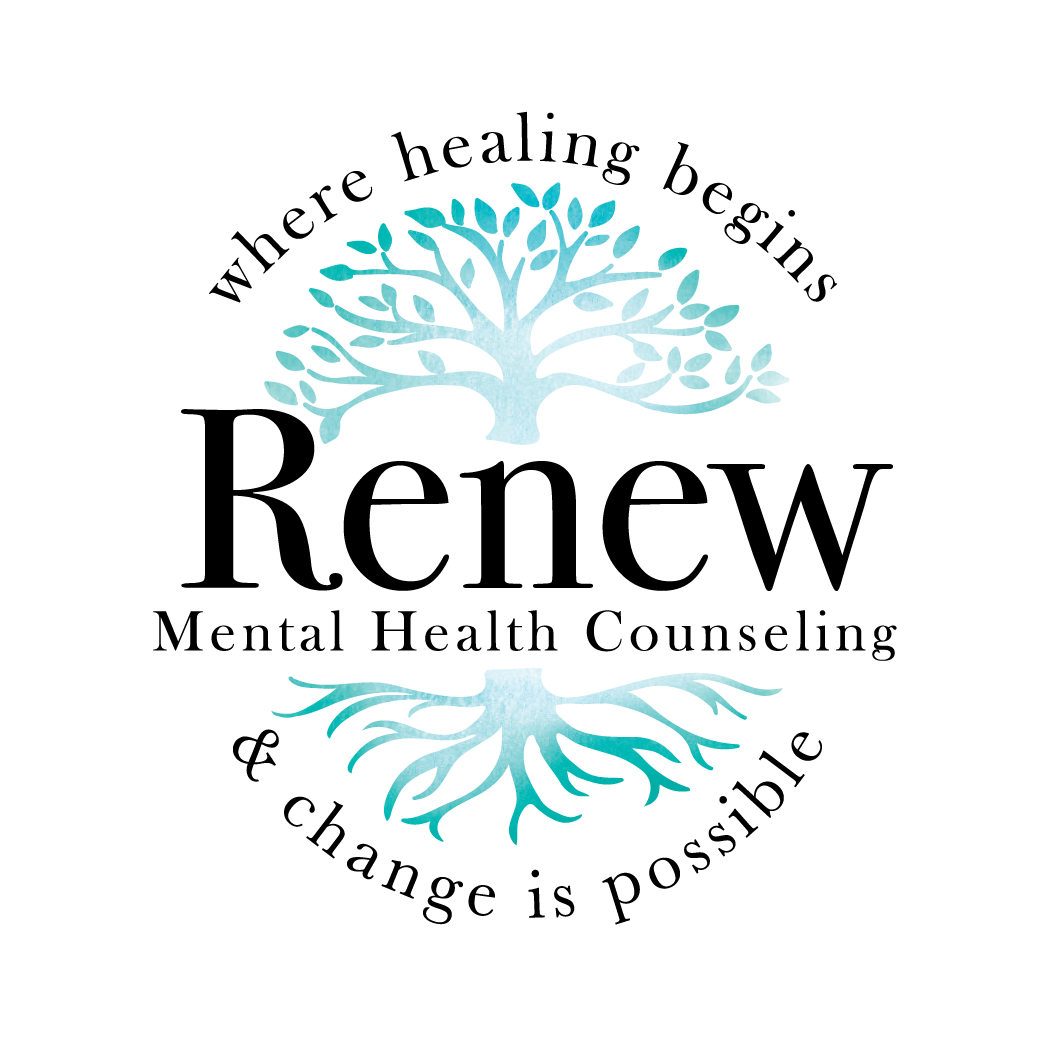Unfortunately, we cannot escape the experience of grief. It touches every one of us. Our world, sadly enough, provides too many opportunities that create a sense of loss in some form. Loss is seen in a variety of ways; loss of a loved one, a pet, a job, a relationship, a possession, an experience, time or even a dream.
Grief is a very common reason people choose to come to counseling. We all know that at some point we will experience it but there is no real way of truly preparing for it; no way to practice skills to successfully endure it. Sure, we can possess good coping techniques and have an idea of what to anticipate but until you actually go through loss yourself, you're really not ready to know how to deal with the loss or know what you need to get through it.
So what do we do with loss? How do we handle all the feelings and thoughts that overcome us?
So what is the process?
Part of the grieving process is reorganizing the way in which you place yourself in your world and in your relationships. We all have a “map” in our mind of how we see our world. The people, places and things that make up your life are placed on this map. You connect the dots that lead to various paths of how you fit into it all. Each area of our life (i.e. work, school, family, town you live in, friends, etc) has a specific role and therefore meaning in the greater picture of our world. Therefore, when we experience a loss, there is now an empty space on the map and we have to figure out how to reconfigure it to make the map makes sense again.
In addition to the cognitive piece of the process we need to acknowledge the emotional piece of it. The emotions that come with enduring the loss are very much related to the redefining process but can be a process all on their own. Depending on the type of loss and the significance to you, it can vary from uncomfortable to devastating. The feelings are {but not limited to} sadness, confusion, hurt, anger, denial, emptiness, surreal, paralyzed, hopeless, relief, guilt, resentment, and despair. The crucial component in the emotional process is to just let it be. Let the feelings come and do not try to ignore, deny, stuff or make sense of them. Allow yourself the space to sit with them, let them come and go naturally.
Self care is so important, especially when we are experiencing a loss. It is difficult to mourn when we are not giving ourself the space to do so, nor taking care of ourselves while enduring the heaviness loss brings. Self care can be anything from a peaceful hot shower/bath to a kickboxing class. It is what ever brings you peace and comfort. A time and space to focus on helping your mind and heart reboot and find homeostasis again.
Lastly, it would be incomplete if I did not at least mention the stages of grief. Sometimes people like the simplicity of the stages and it helps them to organize the experience in their mind. The typical stages of grief are:
1. Denial and isolation;
2. Anger;
3. Bargaining;
4. Depression;
5. Acceptance.
Please note that you do not necessarily go through the stages in the same order or experience all of them. These stages are simply identified to help people understand that these feelings are normal and often common when there has been a loss in your life.
In conclusion, there is no right or wrong way to grieve. There is no cookie cutter way that each person is supposed to experience their loss. Matters of the heart are subjective and therefore look unique in some fashion for each individual. If you feel you are grieving and would like to talk to someone about it or have any questions, please reach out to a friend or family member, or feel free to reach out me. Regardless, do not feel you have to grieve alone.
